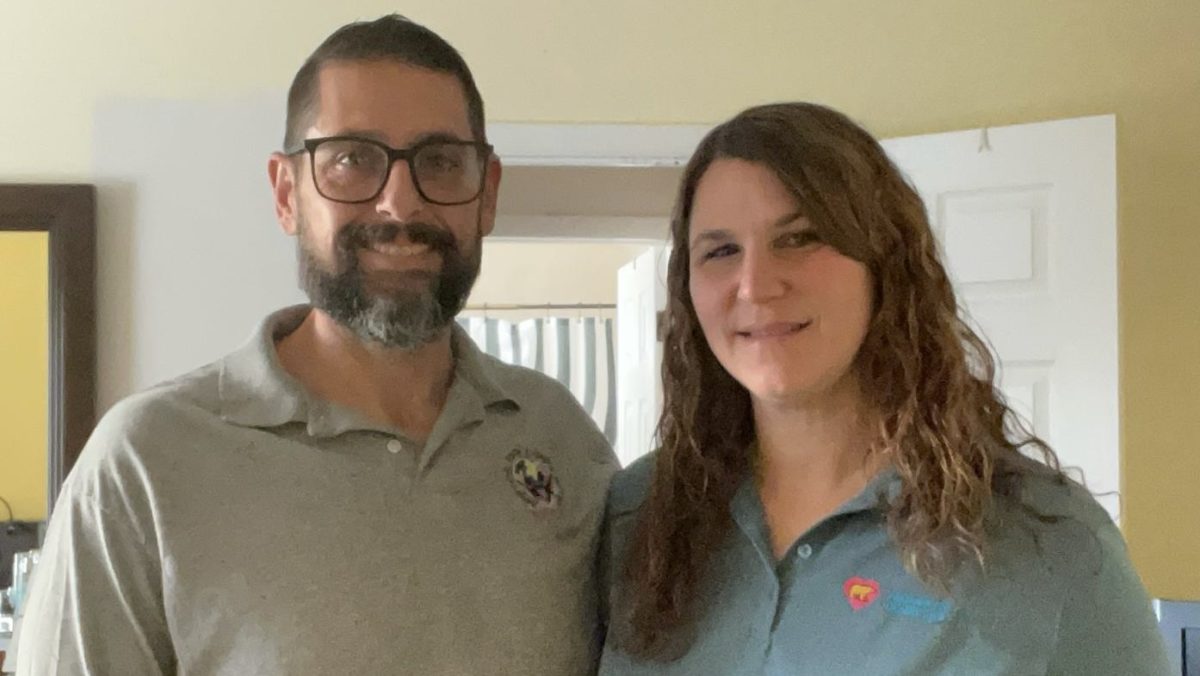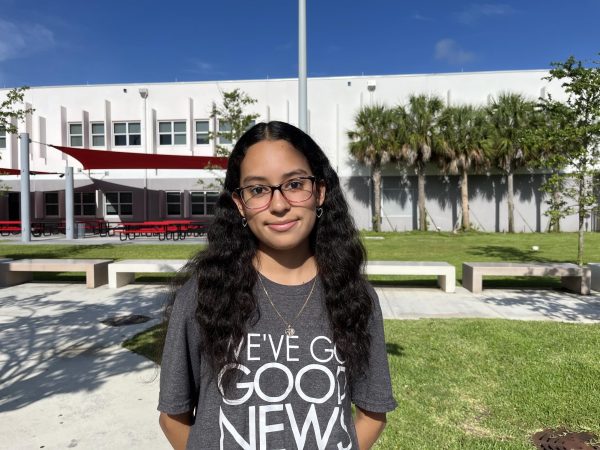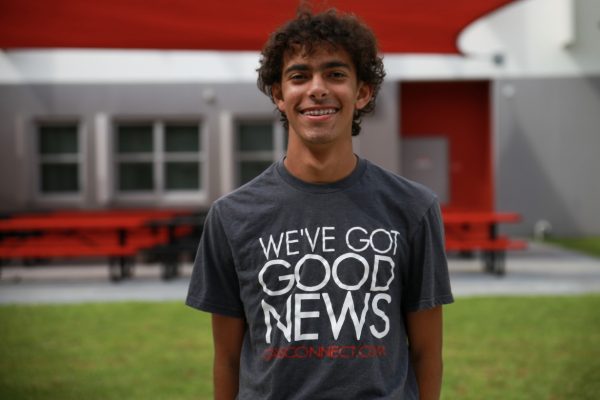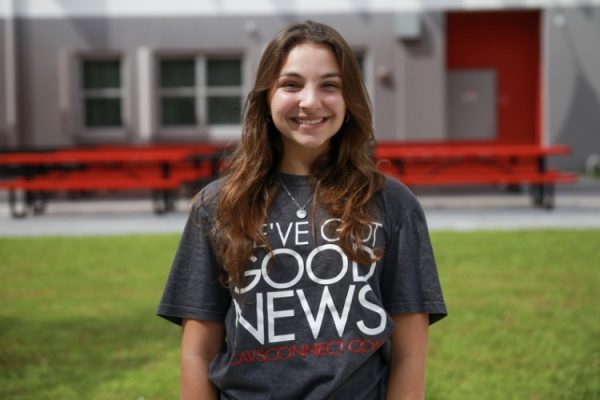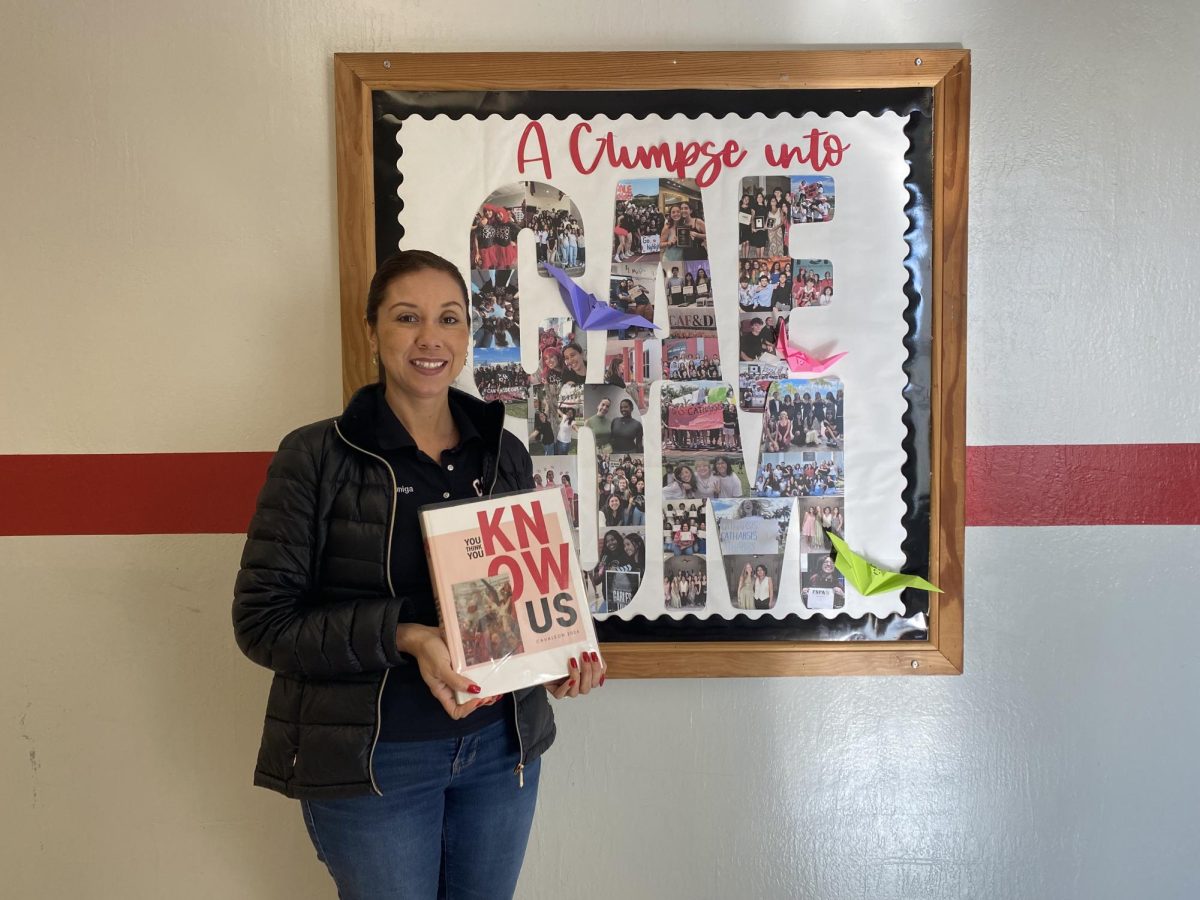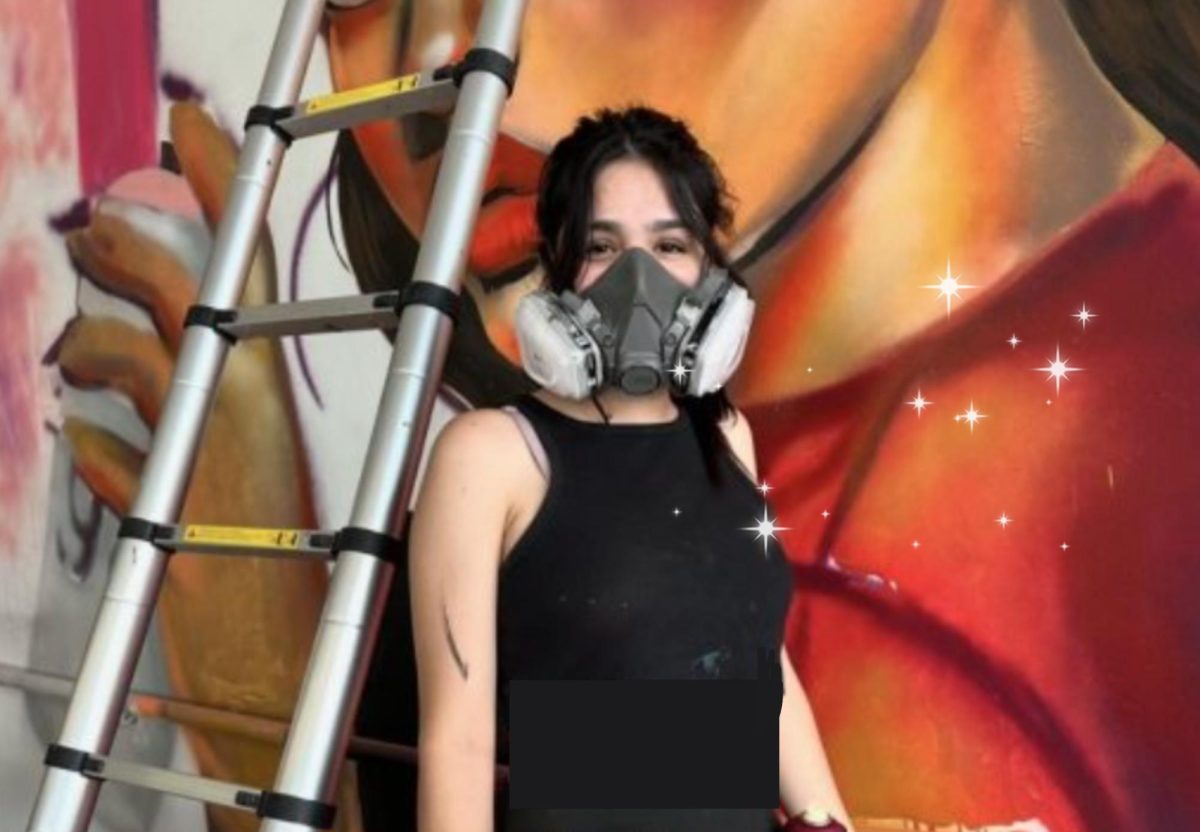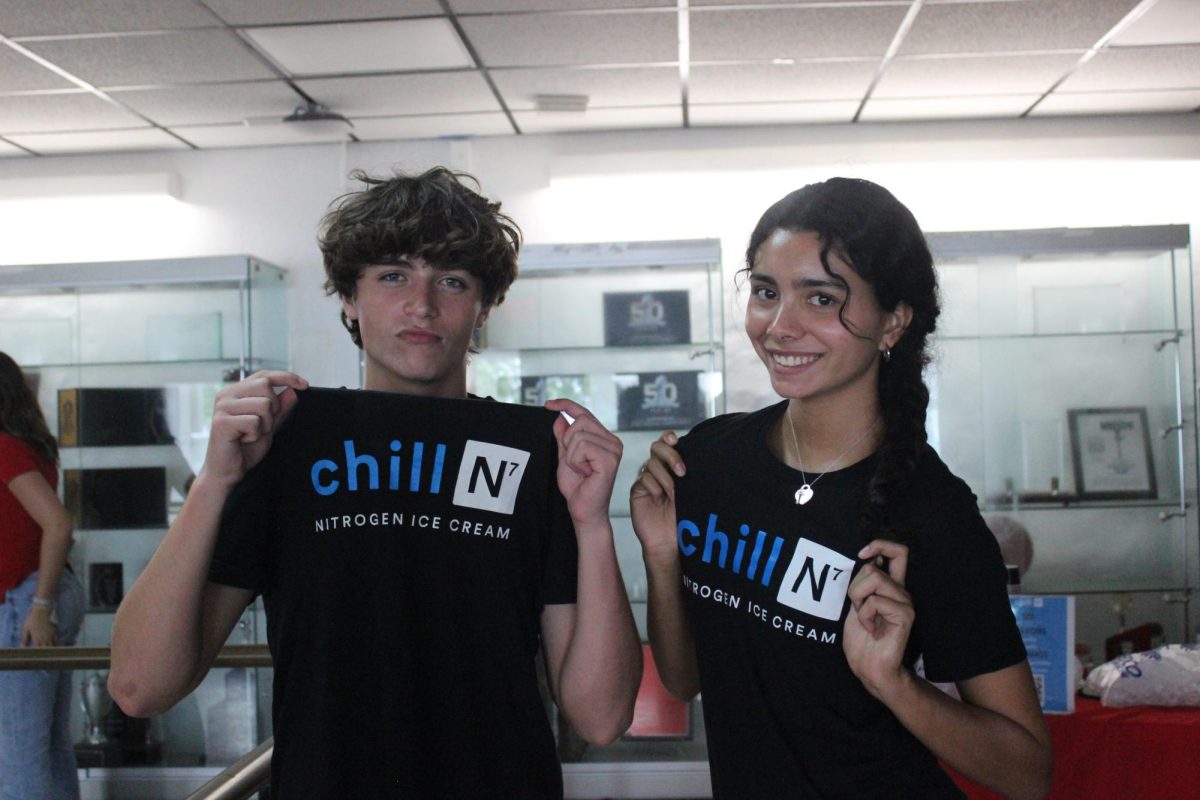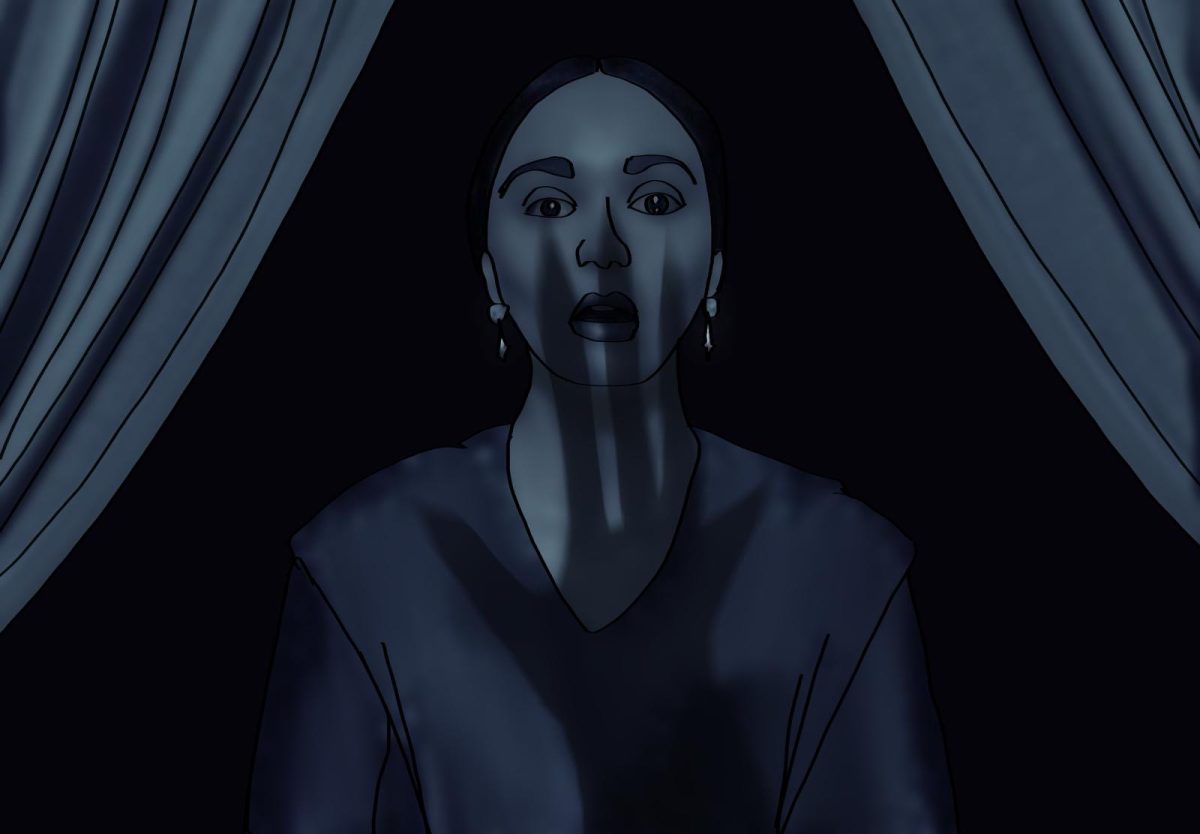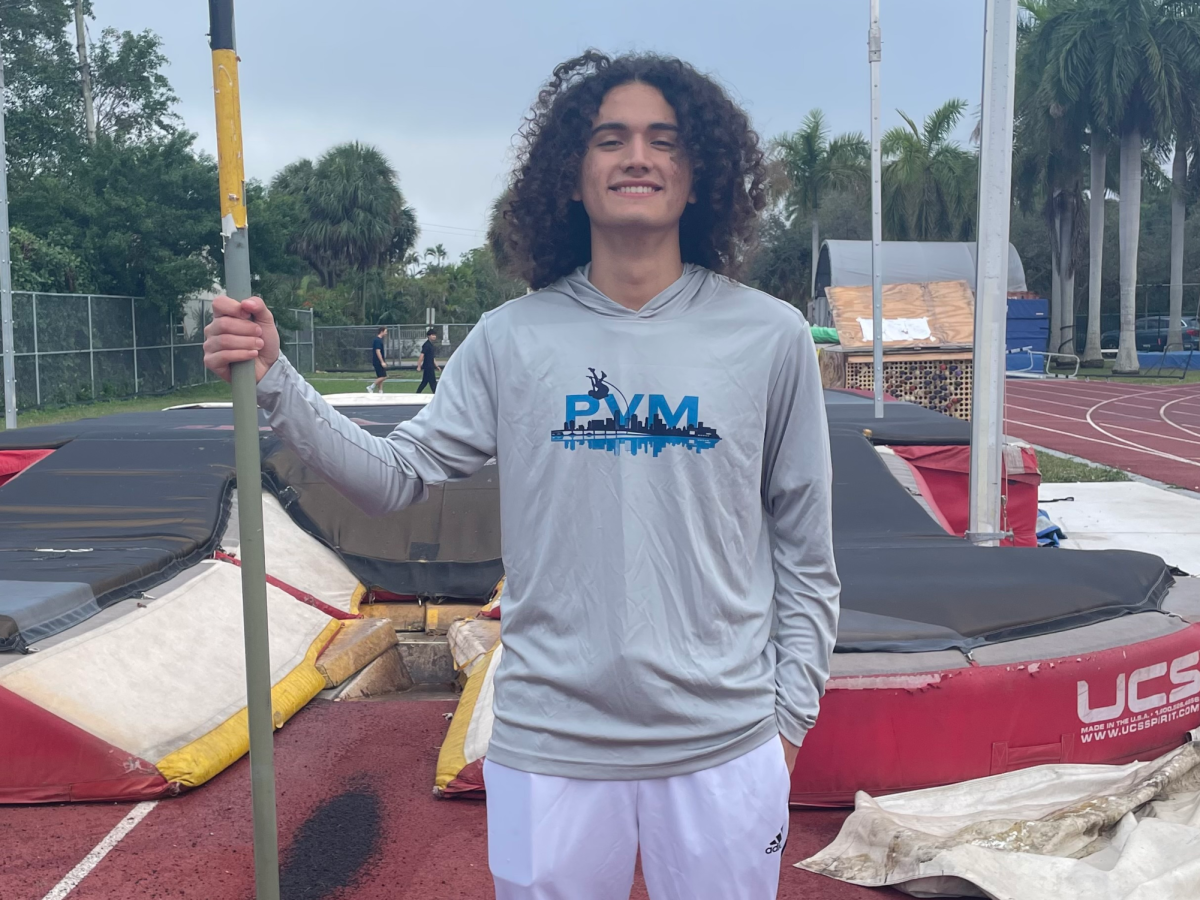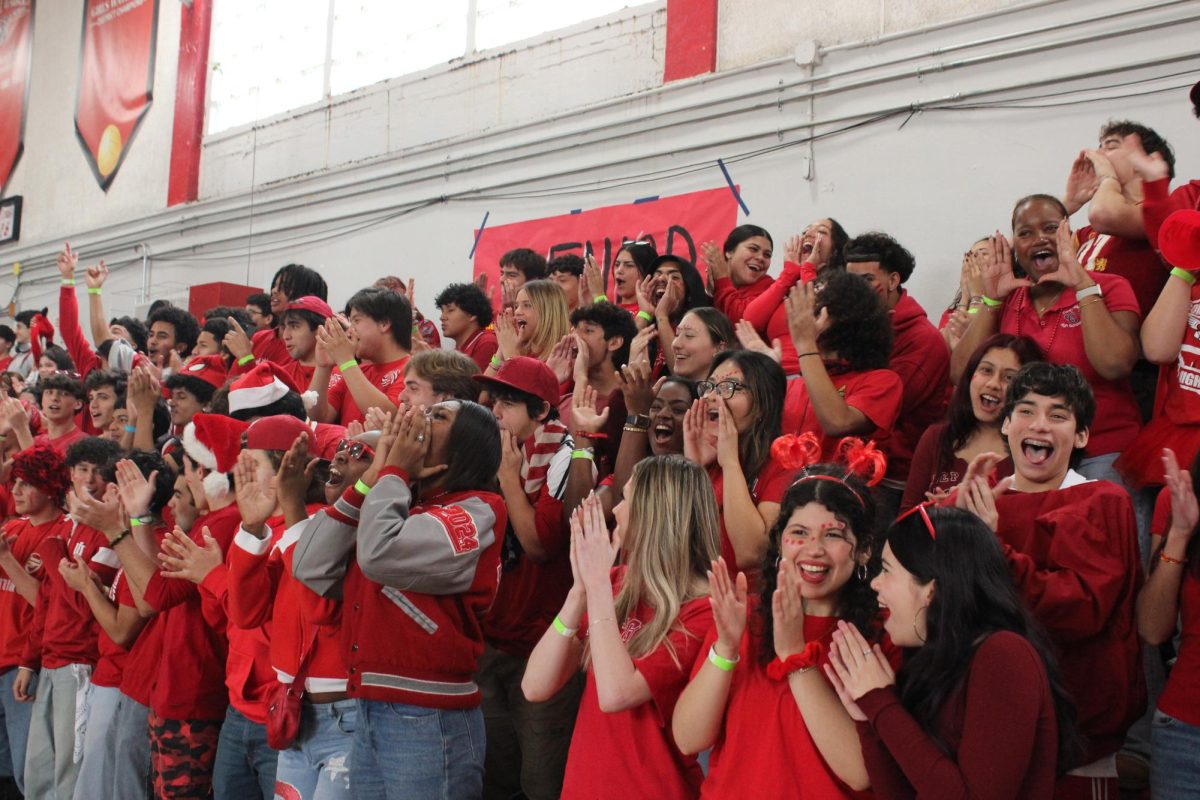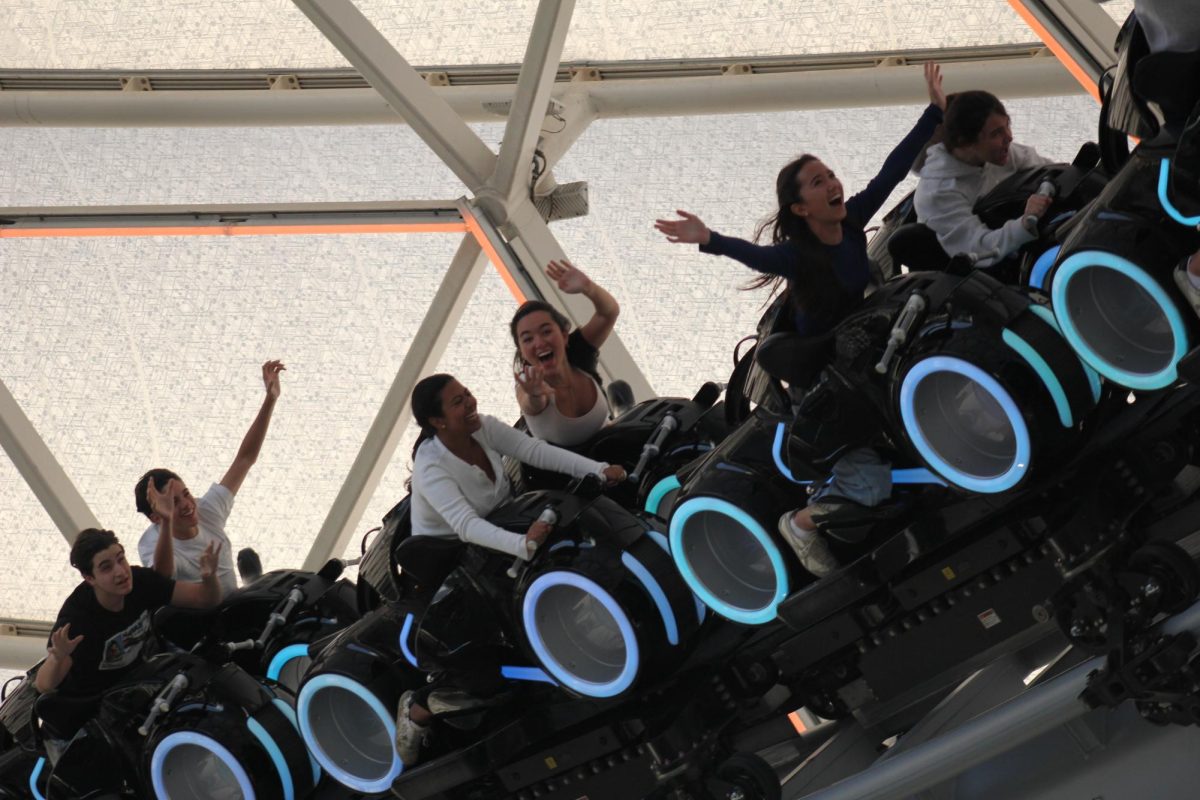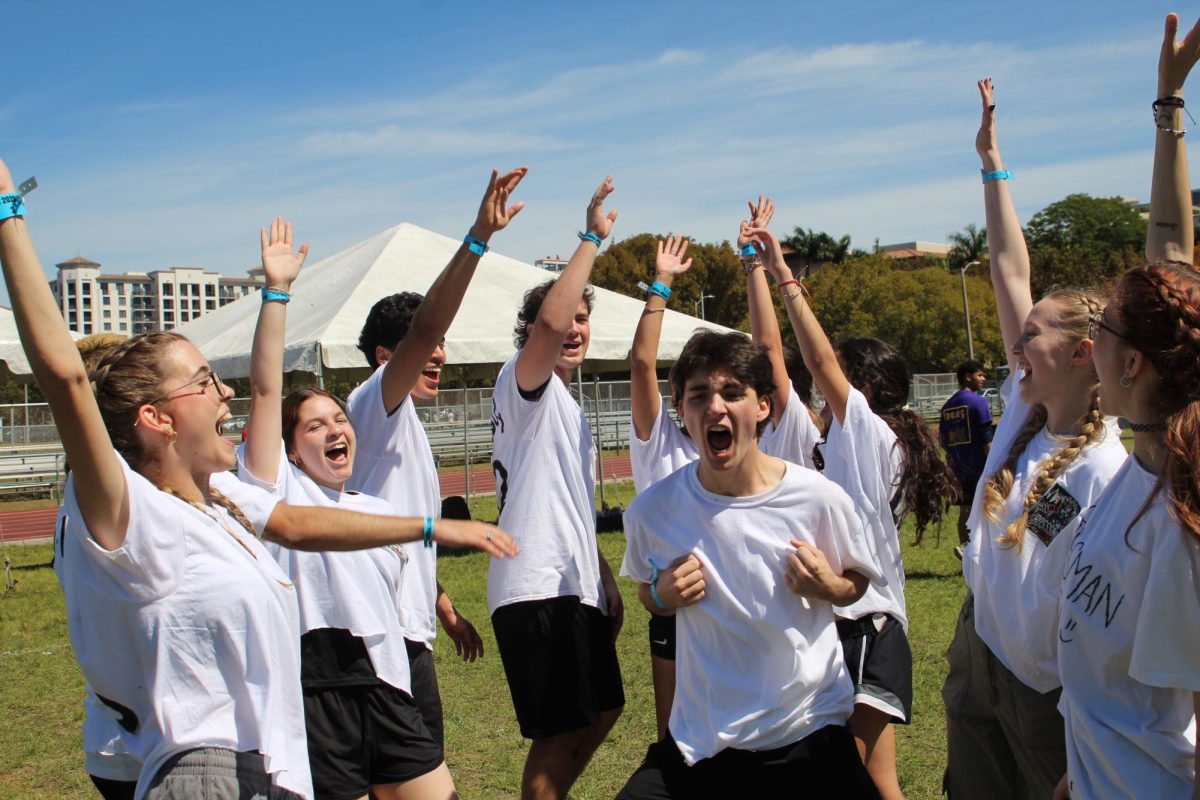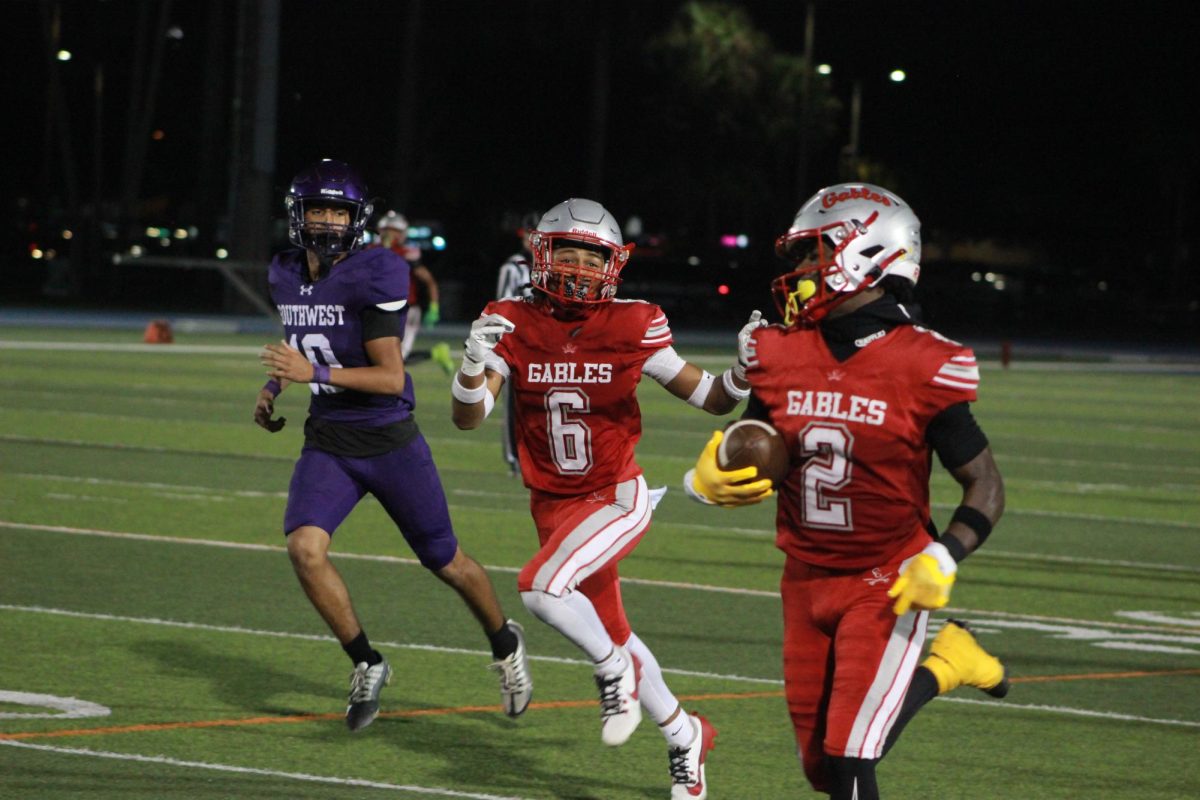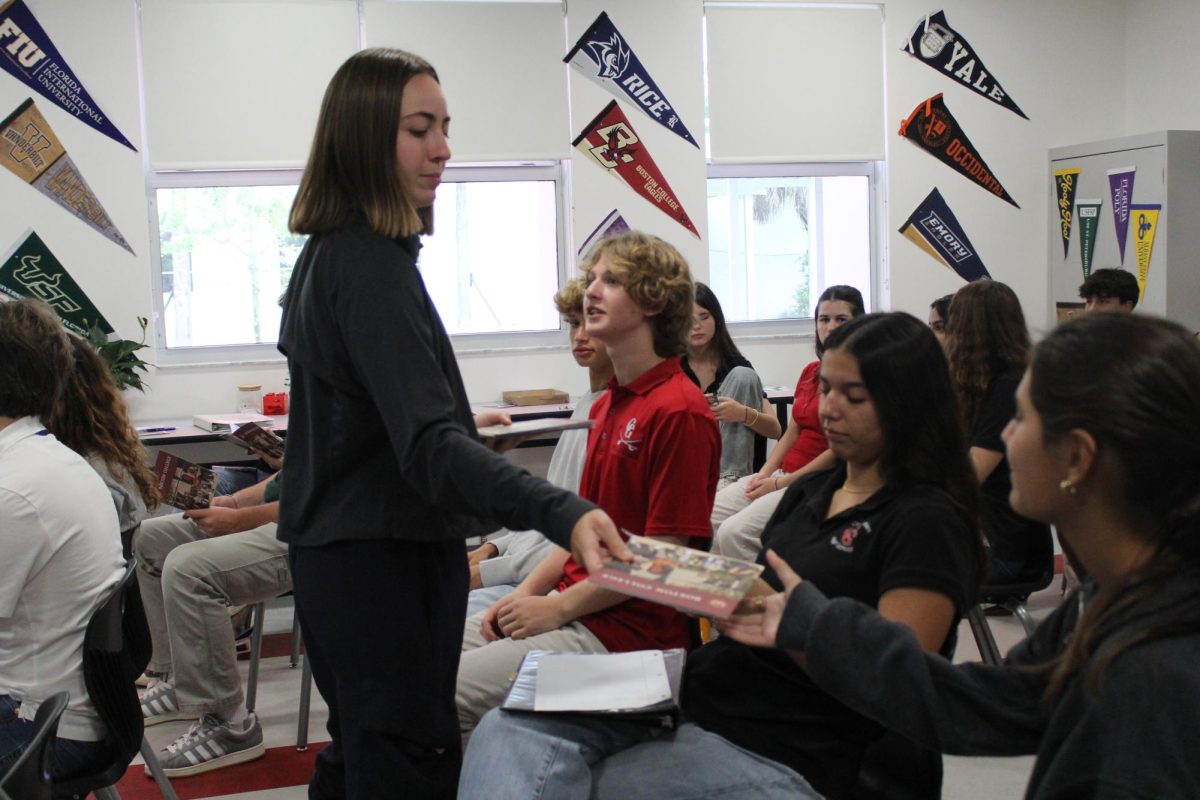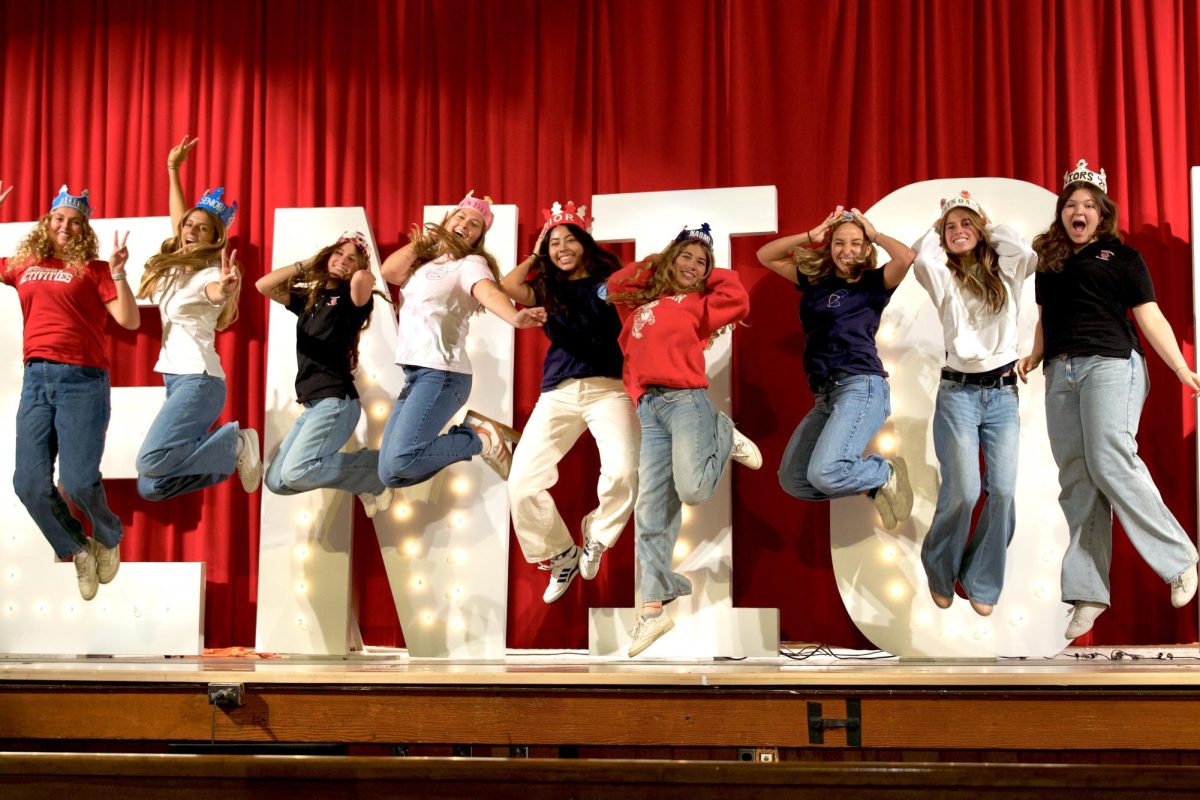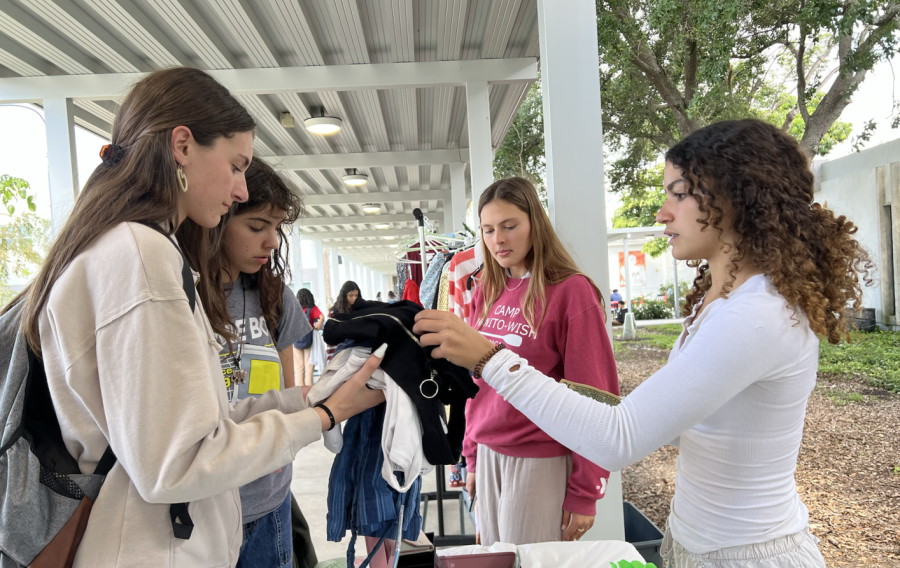Embodying the essence of the world lies a melting pot of diverse individuals, who constantly shape society through an ongoing cycle of hustle and bustle. Appreciating individuals with disabilities, Disability History and Awareness Month applauds the impact they have made across communities. Shedding light on the obstacles individuals with disabilities face, Nicole Gondar Hernandez and Orlando Hernandez ensure they are able to thrive and find their place in society.
Nicole Gondar Hernandez
Initially pursuing physical therapy, growing up in a bilingual household sparked Gondar Hernandez’s interest in speech-language pathology. Gravitating towards the career path, she obtained a bachelors’ in Communication and Science Disorders as well a Masters to be able to practice her specialty. Kicking off her career at schools and hospitals led her to Nicklaus Children’s Hospital where she currently works as Supervisor of Clinical Operations for Rehabilitation.
On a weekly basis, Gondar Hernandez treats patients for one or two days, taking the rest of the week to oversee and support the speech pathologists and physical therapists while ensuring the patients are receiving resources suited to their needs.
“It’s great [being able to help people with disabilities express themselves]. Sometimes it can be a little bit difficult because the pressure of talking. For a family, they always want their kids to talk. But the beauty of what I do is that a kid can communicate without necessarily words, so really helping kids to communicate with everybody, not just their mom and dad. Whether it’s with an alternative device or through sign language or pictures, but being able to express their wants and needs is just a great feeling, knowing that I can put a little bit of that into the hands of the family,” Gondar Hernandez said.
Gondar Hernandez’s main goal is to work toward her patients’ future where they are involved in their community. Preparing them for everyday tasks whether it be socializing or expressing themselves she provides them with essential life skills. Through her work she aspires to empower and inspire them to be a part of society the same way they inspire her.
“Near and dear to my heart is working with somebody I’m still seeing to this day. I started with him when he was two years old, and he’s now 15 years old. He was a child with autism spectrum disorder. Little by little, we built a lot of trust together, and we worked on those behaviors… To this day, we take turns playing games, he can have a conversation, and he is amazing. We still have some areas to work on but it’s just amazing to know, a little kid who went from always crying is now a kid who makes jokes with me and is trying to make friends. It’s really cool, working with kids with disabilities is great because you get to see them change over time,” Gondar Hernandez said.
Working with children with speech and language disorders and feeding disorders has allowed Nicole Gondar Hernandez to become well-rounded and take on various roles of leadership. Approaching her job with positivity and empathy, she is able to provide her patients with a means of using tools, words and overcoming their disability.
Orlando Hernandez
From the get-go, Hernandez’s calling for psychology emerged after his nephew committed suicide when he was 17 years old. Diving deep into the realm of psychology shortly after, he researched physically aggressive behaviors of kids with disabilities and involved himself as much as possible by engaging with these patients.
Hitting the ground running, Orlando Hernandez became board-certified at 21 years old. Taken under the wing of Niklaus Children’s Hospital, he immersed himself in the field by teaching and supervising at the university level. Hernandez then expanded his horizons when he jumpstarted his private practice, Beginning Early & Staying on Track. Valuing the concerns of his patients’ families, having his own center would grant him the authority to address topics immediately.
Bright and early, Hernandez goes about his mornings redirecting intense behaviors within three and four-year-olds such as running away, biting or hurting themselves towards communication and the parents’ desires. Throughout the day he provides his services to kids who go to school and organizes social groups for kids diagnosed with autism, teaching them social skills.
“[A moment] that sticks out is [when] I had a kid and both parents came in crying. He used to bite himself, was only eating two or three different foods, and they were just having a tough time. He was in speech therapy, occupational therapy and physical therapy, but he was unsuccessful in everything that they were attempting. I asked the parents to stop the other therapies for a short period of time and allow me to [do something] that [would] impact his life. Fast forward a couple of weeks, and the kid started communicating…Years later, the kid’s a couple of grades above grade level. He’s doing sports and originally when the parents came in, they thought that they were going to have a child who was never going to speak to them,” Orlando Hernandez said.
Applying his expertise, Orlando Hernandez plans to be involved in his patients’ lives for as long as needed. Looking towards the future, he sees his patients going into the workforce and hopes to help them reach their full potential.
“In the past, I’ve worked with some adults, and those adults specifically are some that at the point where I got them I couldn’t work on trying to do what we call recover, which is when the child loses the diagnosis, when you can no longer see any evidence of the original diagnosis. I’ve been successful in getting quite a few adults. But the one that I’m most proud of is an adult woman with cerebral palsy and quadriplegic. I was able to get her full-time into the workforce, and she’s currently now a baker in her French bakery, and she does all kinds of things in the weekend as well,” Orlando Hernandez said.
Dedicating themselves towards the amelioration of others, Nicole Gondar Hernandez and Orlando Hernandez act as support, easing the process for both families and individuals with disabilities. Illuminating the path towards a brighter future, they each have their hearts set on leaving a positive impact on their patients’ lives and cultivating equal opportunities.





